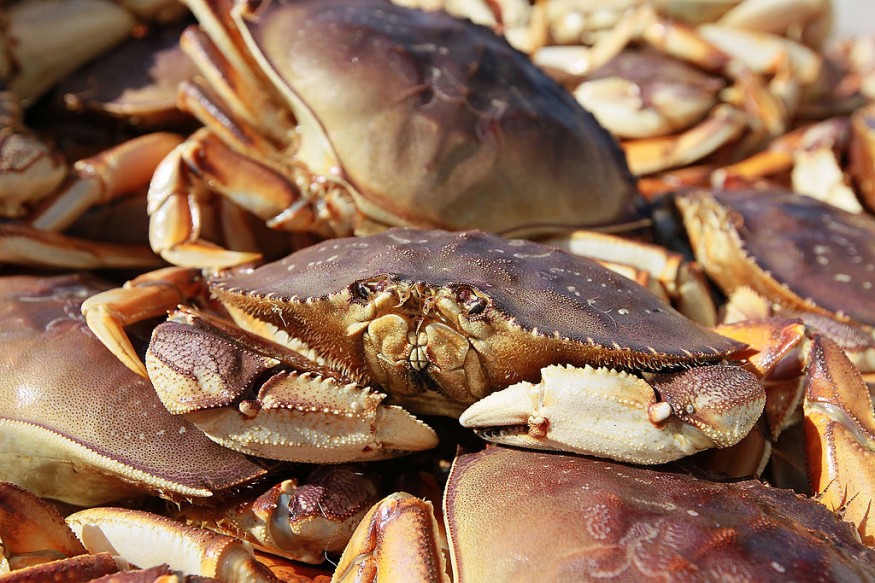Dungeness crabs are a popular seafood delicacy due to their flavor and abundance on the western coast of North America. Based on reviews, Metacarcinus magister, the scientific name of the crab, has a sweet taste and is easy to eat.
However, the all-star crustacean is facing an existential threat, potentially due to anthropogenic climate change and global warming.
In a new study led by scientists from Canada, it was confirmed the Dungeness crab population has started to decrease at a significant rate.
The main cause of their deaths or impaired ability to reproduce is their losing sense of smell. The researchers link such phenomenon due to ocean acidification caused by anthropogenic climate change.
In previous years, scientific evidence has highlighted the dangers of the climate crisis both in terrestrial and ocean environments.
Prior to the studies about ocean acidification, there has been no specific data on how each living marine organism will be affected by the warming of the planet, where greenhouse gases are trapped in the atmosphere.
Dungeness Crab Population Decline

In the study published in the journal Global Change Biology on May 9, researchers from the University of Toronto Scarborough confirmed previous evidence that ocean acidification is detrimental to Dungeness crabs. However, this time researchers said it is altering the foraging behavior or eating habit of the crab species by damaging their olfactory pathway.
The research team acknowledged the importance of crustacean olfaction when it comes to living and communicating in marine environments, as well as fore sexual reproduction success. Yet, the accelerating ocean acidification due to increased amount of carbon dioxide threatens the crustaceans' ability to detect and respond to smell-related threats, the research paper said.
Ocean Acidification
In January 2020, Nature World News also covered a story published in the journal Science of the Total Environment, wherein researchers found that ocean acidification can dissolve the shells of Dungeness crabs living in the Pacific Ocean.
The researchers explained in the 2020 study that the acidification phenomenon occurs when excess carbon dioxide from the atmosphere goes into the ocean and lowers the pH levels in the water.
What is the Dungeness Crab?
Dungeness crabs belong to one of the most popular seafood items in the Pacific Northwest. One can identify them due to their purple-hued shells, which can grow to a size of up to 10 inches wide. The species support the fishing industry in communities from California to Alaska, with harvest reaching 54 million pounds of crab for some years, according to the Ocean Conservancy organization.
Even the organization said that Dungeness crabs are difficult to catch, but ocean warming and ocean acidification are making it difficult for fishers to find them. Citing from previous research, the conservancy said acidification can also make young members of the crab species grow more slowly or make some of them unable to survive into adulthood.
© 2025 NatureWorldNews.com All rights reserved. Do not reproduce without permission.





